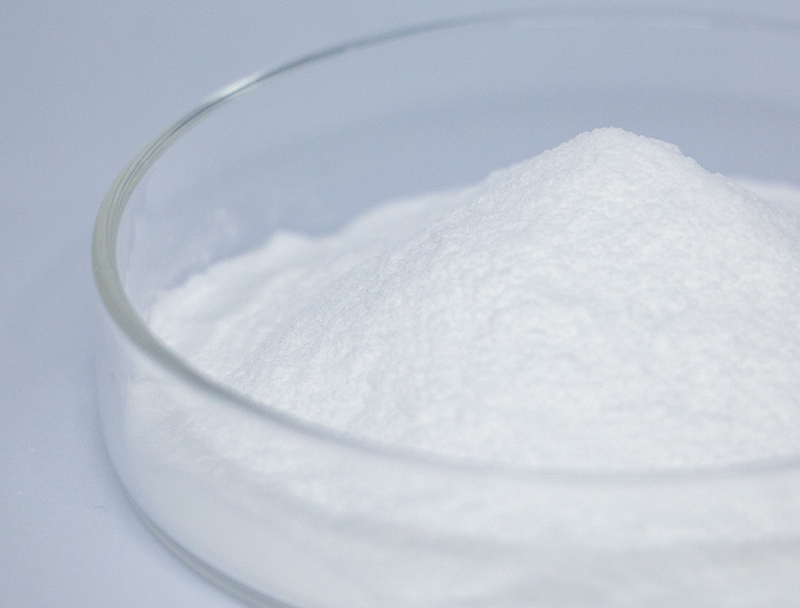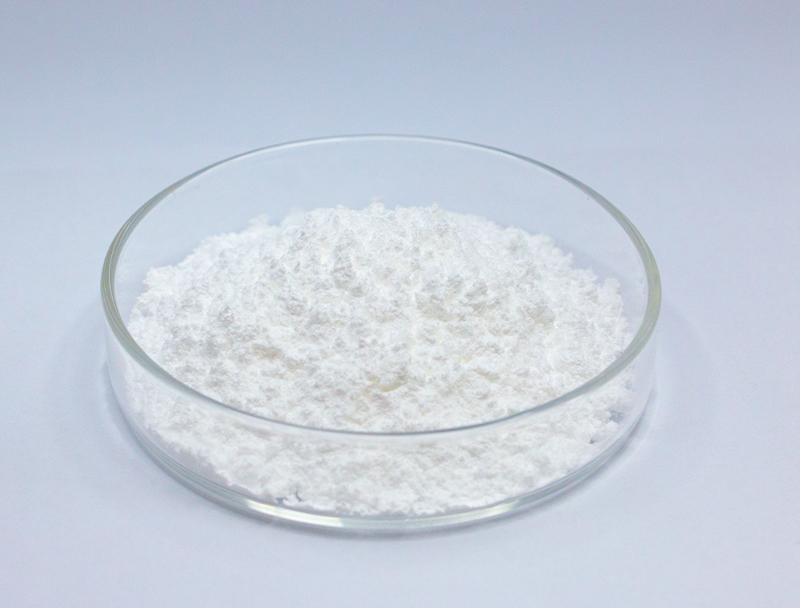stable cost-effective inputs verified alpha-ketoglutaric acid

Advanced biosystems are built around a plentiful suite of input materials to create novel bio-derived items.
Protecting continuous ethical sourcing of resources is paramount for the long-term viability and ethical growth of the industry.
multiple challenges associated with traditional raw material procurement for instance pollution and systematic depletion of reserves. Hence, stakeholders must deploy sustainable supply practices to minimize environmental costs.
- Illustrations of eco-conscious sourcing involve:
- Applying circular feedstocks from post-harvest streams
- Integrating recovery systems to shrink waste while improving throughput
- Working with community-based suppliers that follow ethical standards
Transitioning to green supply models secures ecological benefits and economic upside.
Refining Biomass Sources to Enhance Fuel Conversion
Maximizing the efficiency of biofuel production relies heavily on the quality and composition of biomass feedstocks. Research teams persist in studying techniques to boost feedstock performance, delivering enhanced conversion and a more resilient energy mix. Programs combine genetic improvement for biomass productivity with conversion technologies to access fermentable substrates.
- Similarly, research probes algae, byproduct streams, and harvest remnants as potential sustainable sources to augment biofuel feedstocks.
- As a result of relentless efforts the industry should deliver significant enhancements paving a path to sustainable energy.

Upstream Process Improvements for Modern Biopharma Production
covers the early phases of biopharma production including culturing and biological harvesting Recent developments in this field have resulted in optimized workflows that raise overall output.
Key advancements include the utilization of novel cell lines, optimized culture media formulations, and intelligent bioreactor designs. These developments raise yield and cut costs as well as diminish environmental consequences.
- Moreover, continuous manufacturing adoption is enabling dynamic control and greater adaptability in upstream workflows.
- This shift towards more sophisticated biopharmaceutical manufacturing methods promises to revolutionize the industry and pave the way for faster development of novel therapeutics.

Molecular Editing Strategies to Increase Bioproduct Output
advances in genomic editing tools including CRISPR have transformed therapeutic manufacturing. By implementing targeted gene changes, investigators boost production titers of important biologics. This capability can unlock development of cost-efficient, high-performance biologics for many conditions.
Harnessing Microbial Biotechnology for Sustainable Bioremediation
advanced microbe-driven remediation methods to treat contaminated sites sustainably. Engineered and natural microbes can attenuate pollutants via metabolic conversion.. By harnessing this natural potential, we can develop environmentally friendly strategies for cleaning up contaminated sites and mitigating the negative impacts of industrial activities.. Laboratories test microbial species for efficacy against metals, pesticide pollutants, and oil-related contamination. These microorganisms can be employed in bioreactors or directly at contaminated sites, promoting the breakdown of pollutants through biodegradation processes..
Biological remediation using microbes yields meaningful benefits compared to conventional strategies. Microbe-driven cleanup typically costs less and generates fewer dangerous byproducts. Additionally, microbial tactics can target contaminants selectively while preserving surrounding ecological systems. Research progresses swiftly to enhance microbial remediation efficiency and practical effectiveness.
Digital Methods Accelerating Pharmaceutical Discovery
Computational biology approaches are becoming vital across contemporary drug R&D. From target selection to safety profiling, bioinformatics empowers rapid, data-informed therapeutic design.
- By parsing huge omics and clinical databases, bioinformaticians detect targets and estimate therapeutic responses.
- Likewise, computational docking and dynamics help design molecules with improved target engagement and potency.
- In conclusion, computational biology reshapes discovery pipelines and speeds delivery of reliable treatments for patients.
Cell Factory Optimization for Higher Bioproduct Output
uses diverse methods to increase biosynthesis of target bioproducts in organisms. Programs use genetic redesign of metabolic networks, dynamic regulation of expression, and addition of heterologous genes to unlock new capabilities. Through careful adjustment of metabolic routes engineers can markedly elevate product titers.
This multifaceted approach has the potential to revolutionize a broad range of industries, including biopharmaceuticals, agriculture, and bioenergy.

Barriers and Benefits When Expanding Biopharmaceutical Manufacturing
Commercializing biopharma production involves significant constraints and promising benefits. One major challenge is maintaining consistent product quality at increased scales. Meeting the need calls for dependable control systems, granular monitoring, and cutting-edge analytical methods.

Complexity in multi-step biomanufacturing operations presents ongoing operational challenges.. Scaling optimization is a resource-intensive task that calls for substantial innovation and study.. Nevertheless, the upside can be significant. Well-executed upscaling can improve therapy access, decrease costs, and enhance economic performance.
A series of measures are underway to confront these obstacles. Plans feature next-gen optimization hardware, sophisticated real-time analytics, and forward-looking production strategies.
- Innovation programs are essential to expand production competencies.
- Regulatory frameworks are being optimized to accommodate novel production technologies and promote innovation.
Mapping the Compliance Environment for Safe Therapeutic Development
Manufacturing biopharmaceuticals entails detailed regulatory processes to copyright safety and clinical performance. Biologically based treatments require tailored oversight and production controls beyond those for typical medicines.
Regulators such as the FDA and EMA define authorization pathways and quality standards for new biologic medicines..
Meticulous validation protocols are enforced from preclinical validation to long-term post-market evaluation.. The protocols serve to uncover safety concerns and certify that products fulfill rigorous protection Calcium Propionate standards..
Additionally, regulators regularly update methods to match the pace of fast-moving biopharma innovations.. Initiatives cover incorporating new methods and supporting faster development while ensuring patient protection.

Plant-Derived Feedstocks as a Route to Sustainable Bioplastics
The growing need for sustainable materials has led to a surge in research and development of renewable options. Bioplastics produced from plant biomass form a compelling option for lowering environmental footprint. Organic feedstocks like cornstarch, cellulose, and sugarcane can be converted to compostable polymers that shrink the environmental footprint of plastics.
Additionally, many plant-based bioplastics show performance characteristics similar to conventional plastics for numerous uses.. Ongoing studies and technology development are vital to exploit plant feedstocks for bioplastics and foster a circular economy.
Biotech's Role in Improving Global Health and Agricultural Resilience
Advanced biotech approaches can reshape healthcare delivery and enhance agricultural resilience. Using genome engineering, synthetic biology techniques, and cell-based treatments, innovators devise ways to tackle pathogens, amplify yields, and improve nutrition.. Consider genetically enhanced crops that resist pests and environmental stresses to improve production and reduce pesticide reliance.. Furthermore, biotechnology supports creation of vaccines, therapeutic agents, and advanced diagnostics that strengthen responses to infectious threats and enhance health outcomes.. With persistent development, biotech stands to offer transformative solutions for global health and long-term food security.
